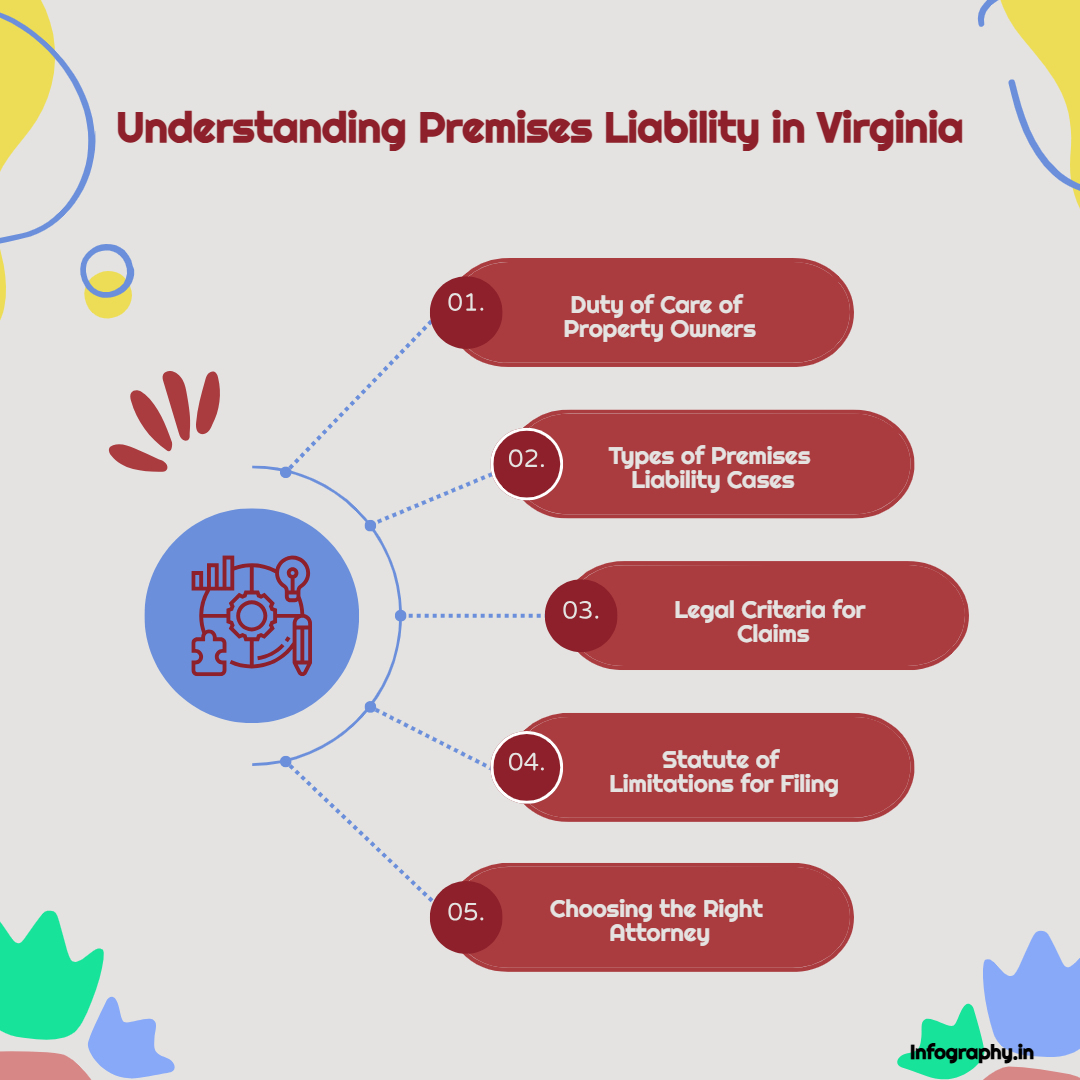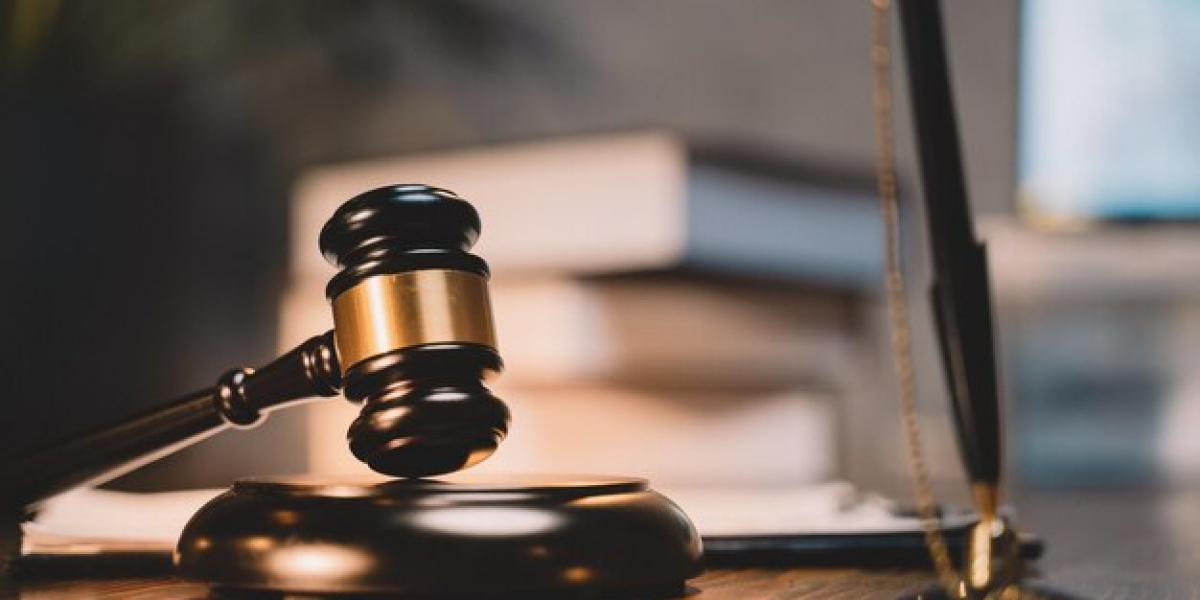Introduction
virginia premises liability attorney cases can be complex, especially when the injured party may share some responsibility for the accident. In Virginia, the law surrounding shared fault plays a significant role in determining whether you can recover compensation for your injuries. This article explores how Virginia’s contributory negligence rule impacts premises liability claims and what you can do if you believe you were partially at fault.
Understanding Premises Liability in Virginia
Premises liability refers to the legal responsibility of property owners to maintain safe conditions on their property. If someone is injured due to hazardous conditions, the property owner or occupier may be held liable for the damages. Common premises liability cases include:
Slip-and-fall accidents
Trip-and-fall accidents
Injuries caused by inadequate security
Accidents involving falling objects
Swimming pool accidents
To establish a premises liability claim in Virginia, you must prove the following:
Duty of Care: The property owner owed you a duty to maintain a safe environment. Your status as a visitor—invitee, licensee, or trespasser—determines the scope of this obligation.
Breach of Duty: The property owner failed to fulfill their duty by allowing dangerous conditions to exist.
Causation: The hazardous condition directly caused your injury.
Damages: You experienced real harm, such as pain and suffering, lost income, or medical costs.
The Role of Contributory Negligence in Virginia
Virginia is one of the few states that follows the doctrine of contributory negligence. Under this rule, if you are found to be even 1% at fault for your accident, you are barred from recovering any compensation. This strict standard makes it crucial to present a strong case showing that the property owner was entirely responsible for your injuries.
For example, if you slip and fall in a grocery store due to a wet floor but were distracted by your phone at the time, the property owner’s defense team can contend that the accident was caused in part by your distraction. If the court agrees that you share any portion of the blame, your claim will be denied.

Defenses Property Owners May Use
Property owners and their insurance providers frequently attempt to place the blame on the injured party in virginia premises liability attorney claims. Common defenses include:
Open and Obvious Danger: Arguing that the hazard was so obvious that you should have noticed and avoided it.
Failure to Exercise Reasonable Care: Claiming that you acted carelessly, such as by running in a hazardous area or ignoring warning signs.
Trespassing: If you were on the property without permission, the owner’s duty of care is significantly reduced.
What You Can Do to Strengthen Your Claim
Given Virginia’s harsh contributory negligence rule, it’s essential to take proactive steps to build a strong premises liability case:
Record the Scene: Take pictures or videos of the dangerous situation that led to your harm. This can provide critical evidence of the property owner’s negligence.
Report the Incident: Notify the property owner or manager immediately and ask for a written incident report.
Gather Witness Statements: If anyone saw the accident, collect their contact information and ask them to describe what they observed.
Seek Medical Attention: Get prompt medical care and keep detailed records of your treatment. This will demonstrate the extent of your injuries.
Consult a Virginia Premises Liability Attorney: An experienced attorney can help you navigate the complexities of contributory negligence and gather evidence to show that the property owner was solely at fault.
Exceptions and Special Considerations
While the contributory negligence rule is strict, there are exceptions that may apply in certain cases. For instance:
Children: Courts often hold property owners to a higher standard of care when children are involved, especially in cases of attractive nuisances like swimming pools.
Gross Negligence: If the property owner’s behavior was particularly reckless or egregious, you may still have a claim despite contributory negligence.
Conclusion
Filing a virginia premises liability attorney when you may be partially at fault is challenging but not impossible. The contributory negligence rule makes it essential to build a compelling case that demonstrates the property owner’s sole responsibility for your injuries. Working with an experienced Virginia premises liability attorney can significantly improve your chances of success. They can help gather evidence, counter the property owner’s defenses, and advocate for the compensation you deserve. If you’ve been injured on someone else’s property, don’t hesitate to seek legal advice to explore your options.
If you need a lawyer visit us;
Youtube — https://youtu.be/-fVv6yj3aG4
Instagram — https://www.instagram.com/p/DBjPAqaPkuc/









